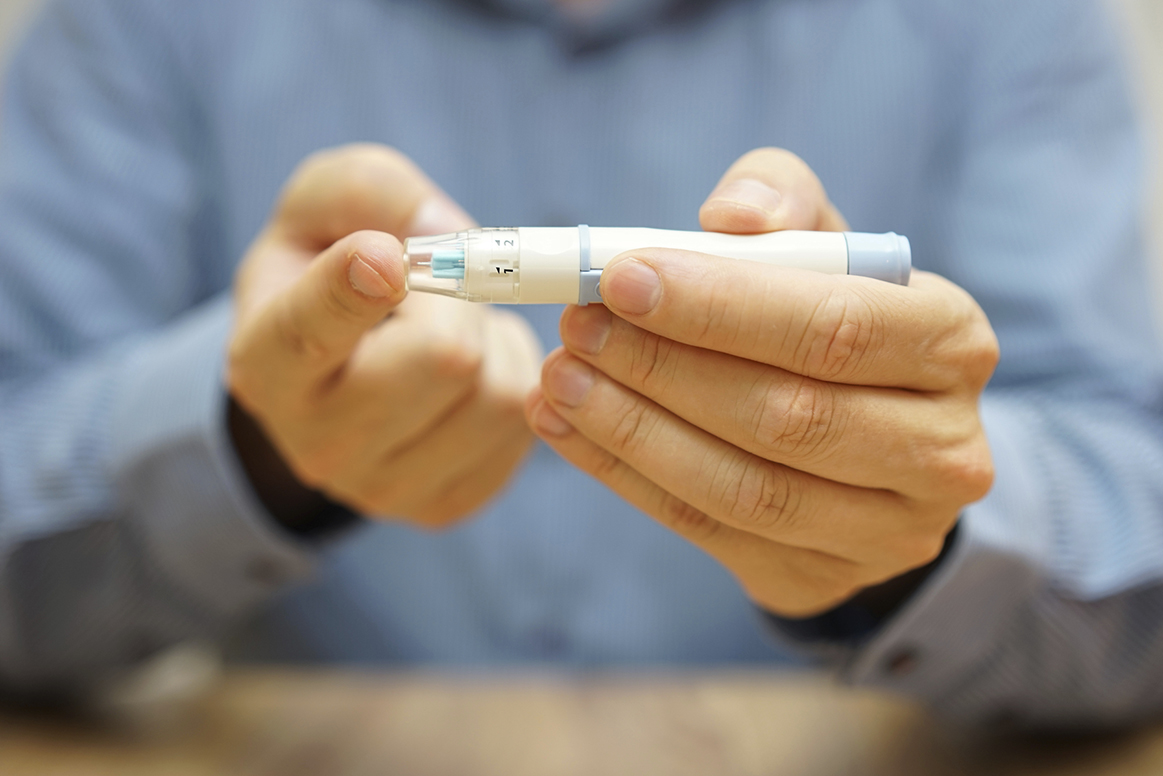Does COVID-19 infection raise the risk of diabetes?

Researchers in Germany are have found a possible link between mild COVID-19 infection and an increased risk of type 2 diabetes, although they caution the signal needs further investigation.
The team from Heinrich Heine University in Dusseldorf and healthcare data science company IQVIA identified the possible correlation after analysing health records from 8.8 million patients registered at 1,171 health practices across Germany, including almost 36,000 who had been diagnosed with mild COVID-19.
New cases of type 2 diabetes were more common in patients who tested positive for COVID-19 than those with another type of upper respiratory tract infection, at 15.8 cases per 1,000 people per year versus 12.3 for the control group, a 28% increase.
If the link is confirmed, it could be valuable to screen people who have had mild COVID-19 for diabetes after recovery according to the scientists, who have published their findings in the journal Diabetologia.
Prior studies have pointed to the possibility that inflammation caused by SARS-CoV-2 may damage insulin-producing cells in the pancreas, causing them to die or affecting their function.
It's also possible that infection could make other tissues in the body resistant to the effects of insulin – a characteristic seen in people at risk of diabetes – that could have been exacerbated by sedentary lifestyles during pandemic lockdowns and higher stress levels.
The big questions to be answered are whether the link is real and, if confirmed so, whether the changes are permanent or reversible. One key limitation of the study was that it did not include information on patient's body mass index (BMI), which at higher levels raises the risk of diabetes.
It also didn't include data from people diagnosed with COVID-19 outside of general practice, for example in hospital or through test centres.
The link between COVID-19 and diabetes is also being explored in other studies, including the CoviDiab registry project looking at the rates of type 1 and type 2 diabetes after COVID-19 infection as well as other studies connected to so-called 'long COVID'.
Naveed Sattar, professor of metabolic medicine at the University of Glasgow, said the finding was interesting, but the top-line message "is perhaps too premature as the study is still quite small and the findings remain marginal."
He acknowledged that the authors themselves note their work is preliminary, and that larger datasets are needed.
"Any unaccounted for factor could have led to the results rather than there being a true link between COVID-19 and diabetes risk," said Prof Sattar.
"For example, we know that people who developed more severe COVID-19 disease were heavier than those who would normally be admitted with pneumonia and whilst the authors appear to have adjusted for obesity rather than continuously measured BMI, there may be things still unaccounted for that could have impacted the results."











